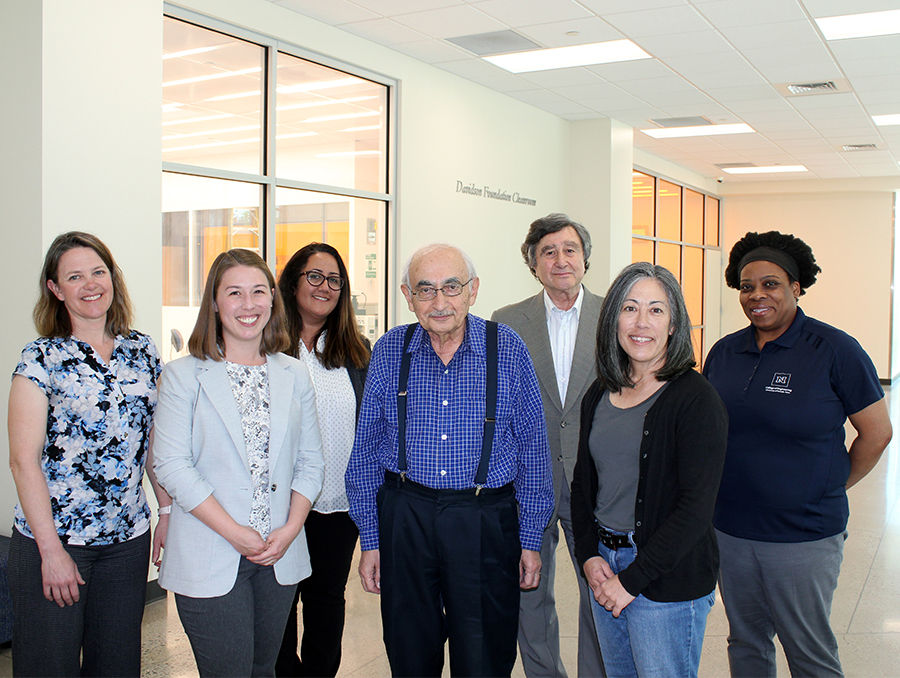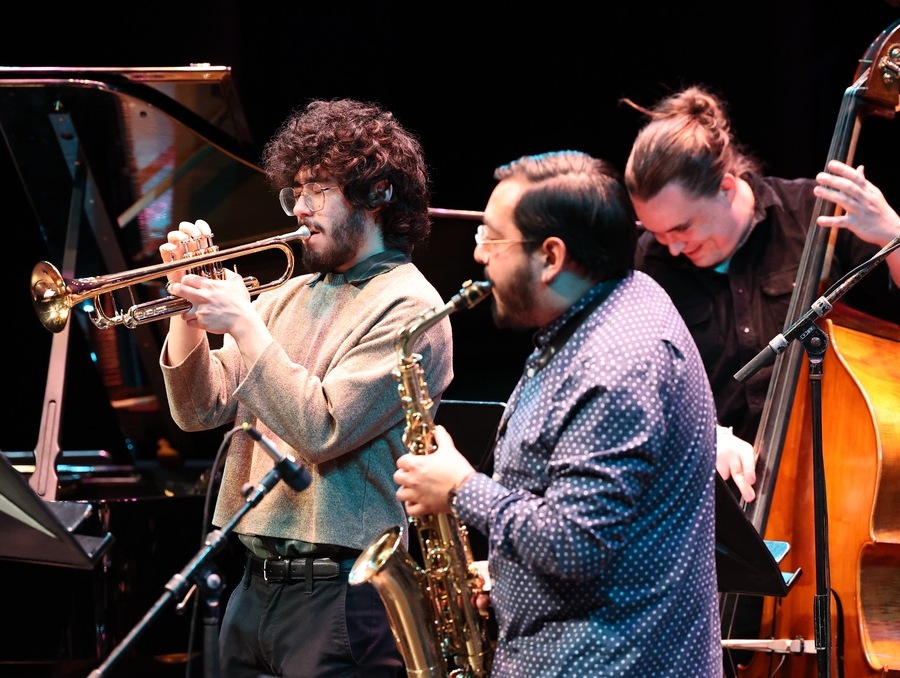It is wet and cold. With ski masks and goggles protecting their faces from the snowy elements, the skiers prepare themselves for the next race. Swish, swoosh, swish, swoosh, the friction of their pants gets louder and louder as each skier moves back and forth on their skies, warming their bodies before they plunge down the hill. Only the gate block stops them until the shrill starting horn is blown and the gate block opens abruptly, sending each skier to make the mad, vertical dash to the bottom of the hill.
For Amanda Goyne, a University of Nevada skier from Redding, Calif., it is silent. She does not hear the distractions of other racers, the swishing of her own ski pants, or the horn being blown by the race official. Goyne is 88 percent deaf and must watch the race official to signal her so she knows when to start the race.
Goyne, a 20-year-old biology major, is the only deaf athlete in the NCAA. She started skiing when she was three-years-old and also lost her hearing that same year. She has been racing since she was eight and has since become one of the best skiers in the nation.
In February, Goyne won the gold metal in the women's Super G race, which is a combination of downhill and giant slalom races, in the Winter Deaflympics in Park City, Utah. The Deaflympics are hosted every four years all over the world and feature international world-class deaf athletes.
"It is the most amazing cultural experience," Goyne said. "People from 24 different countries all with different languages come and compete."
Besides winning a gold metal at the Deaflympics in her spare time, Goyne also qualified for the NCAA national championships for the University's ski team in New Hampshire. She placed 23rd in the nation and the University of Nevada ski team placed 10th overall.
Goyne, who reads lips and speaks sign language fluently, said for the most part people who do not know she is deaf, do not notice her hearing impairments immediately. In high school, Goyne said she knew someone for three months before they ever realized she was deaf. Despite this, she still encounters stereotypes as a deaf athlete.
"It's always a struggle talking to people," Goyne said. "They assume I can't speak or I can't hear anything."
Talking with Goyne, however, one can immediately tell she is smart, caring and interesting. When she graduates, she wants to be a doctor and says she will continue to ski her entire life.
In the meantime, Goyne enjoys Reno for its numerous recreational activities and successfully balances being a world-class skier and studying for classes at the University of Nevada.











